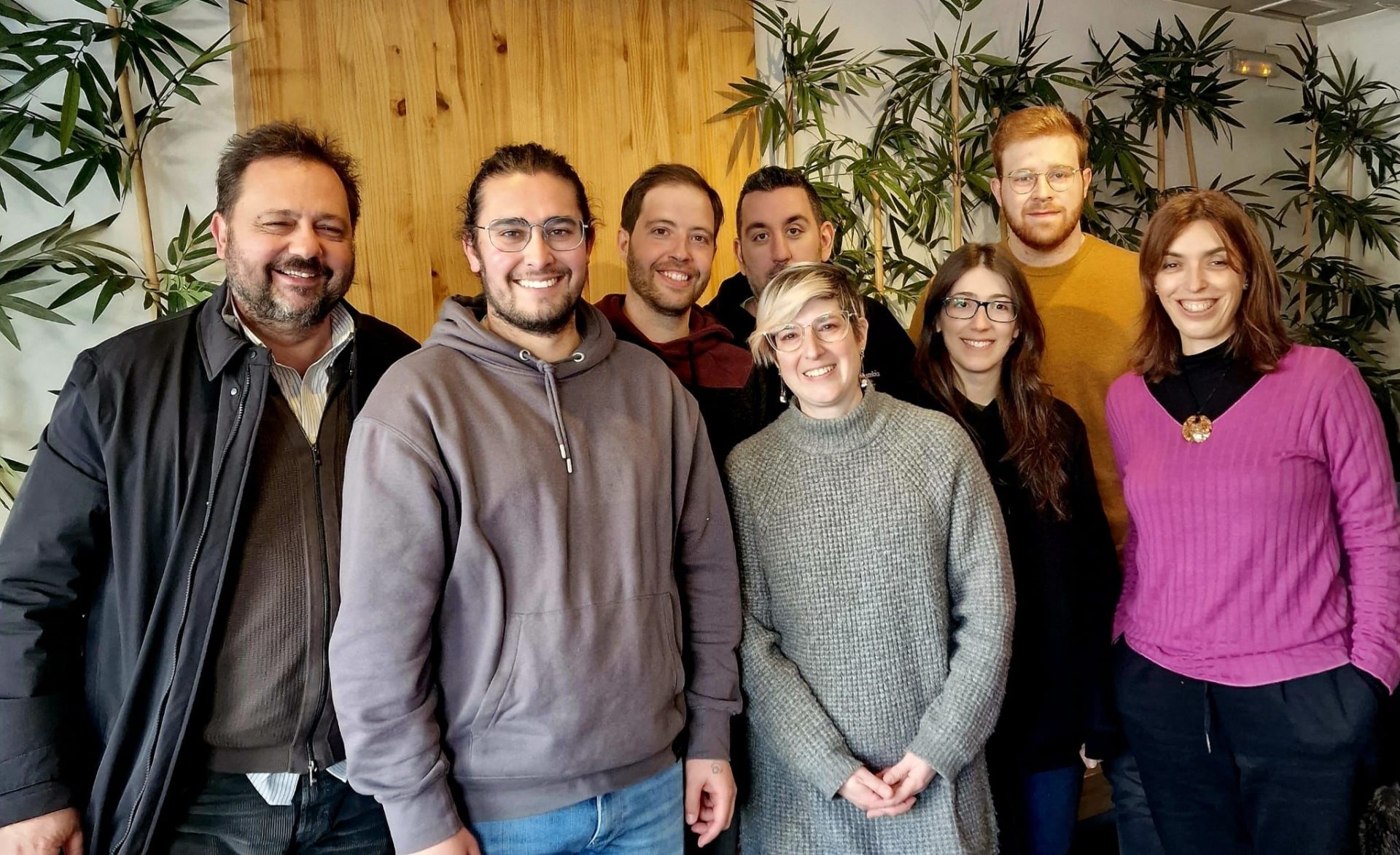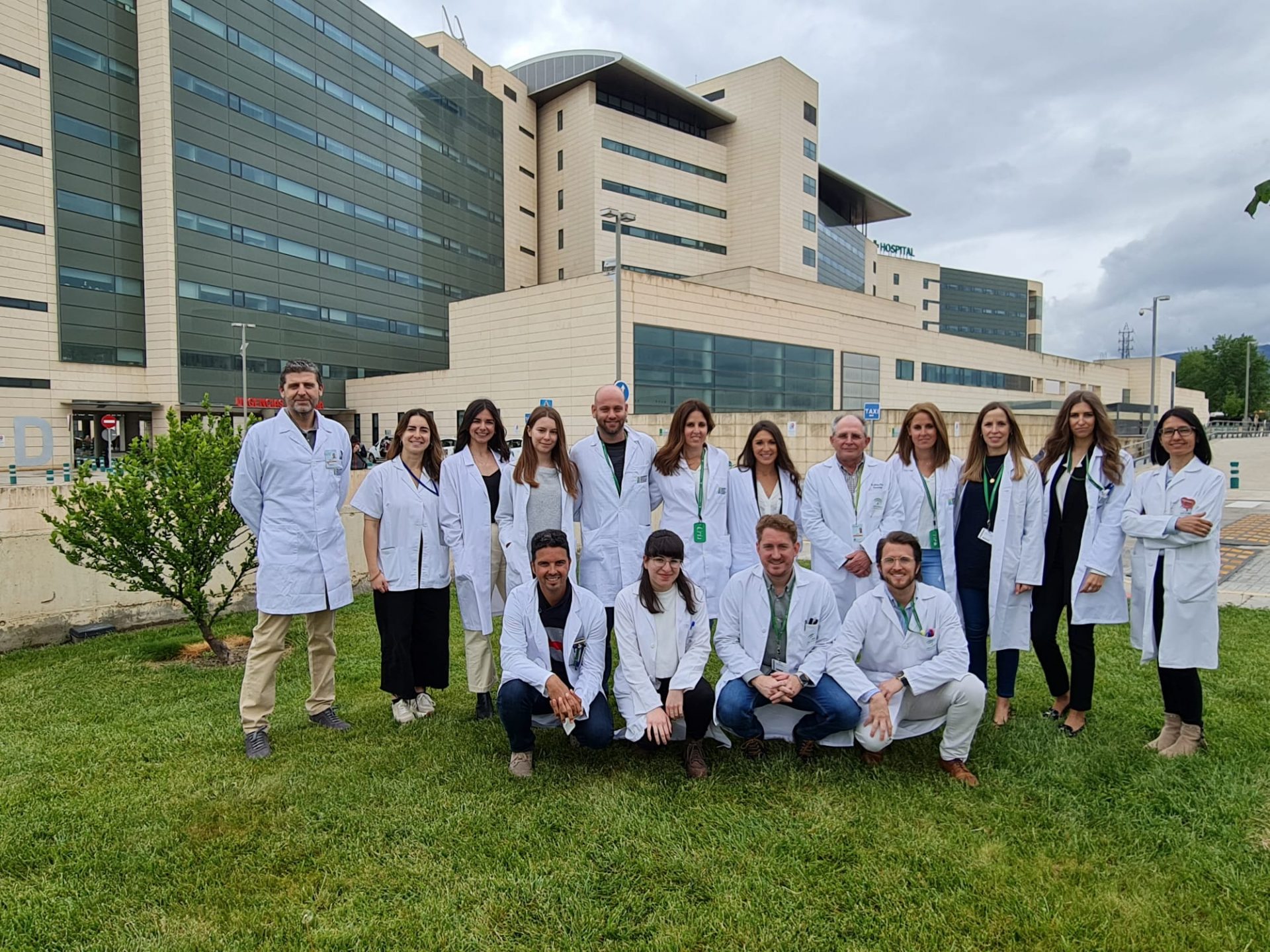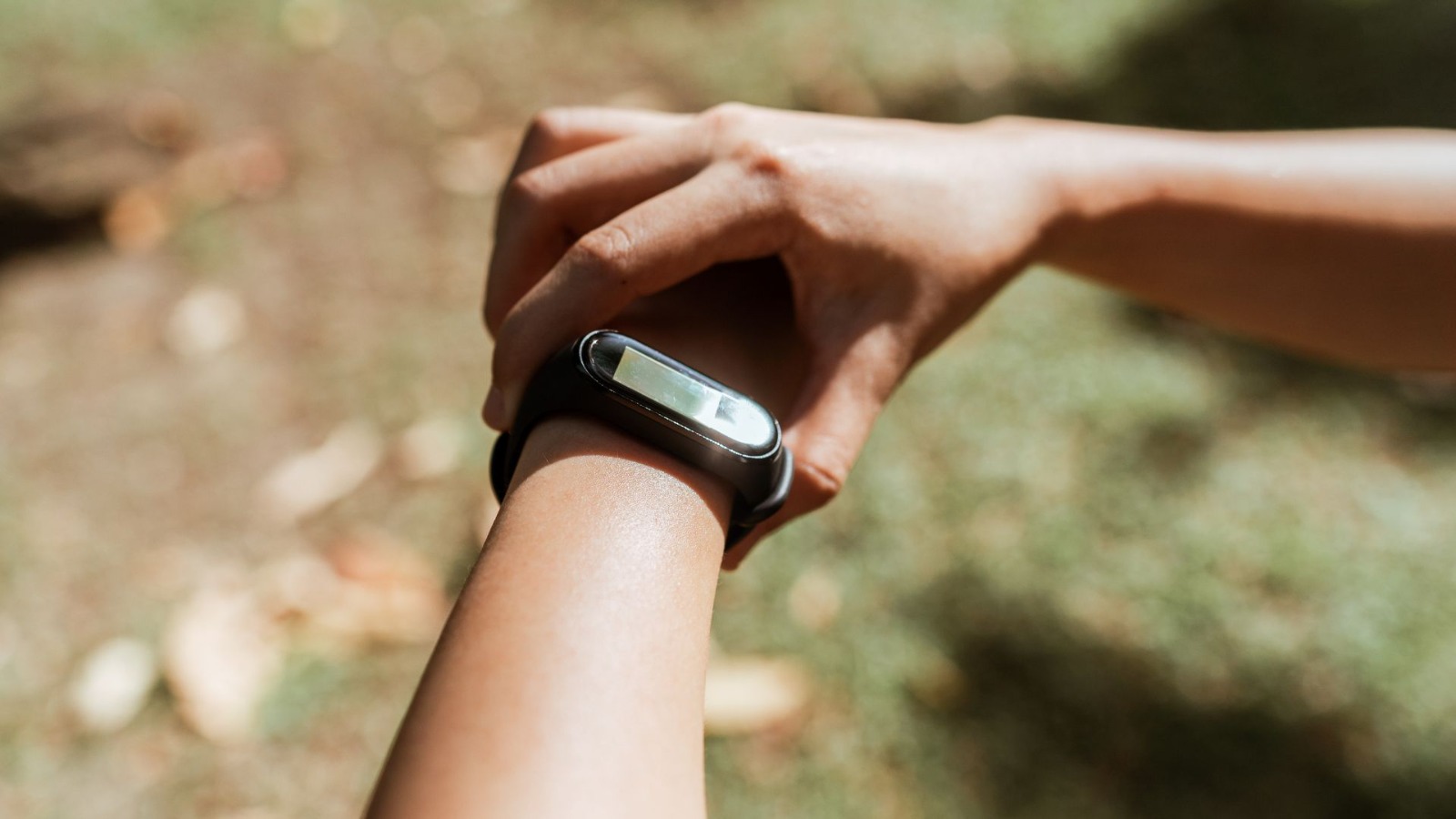
The Granada Conference Centre (Palacio de Congresos) will host the kick-off meeting of the European Cooperation in Science and Technology (COST) Action on ‘Trapped Ions: Progress in Classical and Quantum Applications’ between 6 and 8 March 2019. COST is a funding organisation that strives to create research networks that provide open spaces for collaboration among scientists in Europe (and farther afield), supporting innovation and research advances. This high-level event has been organised by UGR lecturers Rosario González-Férez and Daniel Rodríguez, both of whom work at the Department of Atomic, Molecular and Nuclear Physics, as well as Markus Hennrich, Associate Professor at Stockholm University and Chair of the Action.
The meeting will bring together 65 international researchers — including leading scientists, postdoctoral researchers and doctoral candidates — from a broad range of academic disciplines. These participants represent approximately 50 European research groups from 47 institutions in Bulgaria Germany, Denmark, Spain, Finland, France, Great Britain, Holland, Ireland, Israel, Italy, Latvia, Macedonia, Poland, Portugal, Romania, the Czech Republic, Serbia, Sweden and Switzerland.
The COST action is directed by Markus Hennrich and is co-directed by Martina Knoop (Aix-Marseille University) and comprises four working groups: ‘Tools and Infrastructure’ (UGR senior lecturer Daniel Rodríguez); ‘Precision Sensing and Metrology’ (Prof. Matthias Keller, University of Sussex); ‘Quantum Control’ (Prof. Nikolay Vitanov, Sofia University); and ‘eHybrid Systems’ (Prof. Johannes Hecker Denschlag, Ulm University).
The action, approved in April 2018, will serve to promote collaboration and knowledge exchange across Europe in the field of ion traps, which over recent years has developed from a topic of fundamental research into a versatile tool for a wide range of research topics and quantum technologies.
Notable examples of research in the quantum sphere include the use of trapped ions to improve atomic clocks, to build ultra-sensitive sensors, and for quantum information processing. All of these topics will be dealt with during the COST meeting in Granada, which will include a total of 45 presentations.
For further information please visit: https://indico.cern.ch/event/774881/
Contact information:
Daniel Rodríguez Rubiales
Department of Atomic, Molecular and Nuclear Physics (UGR)
Phone: +34 958 24 00 32 / +34 958 24 88 41
Email: @email



